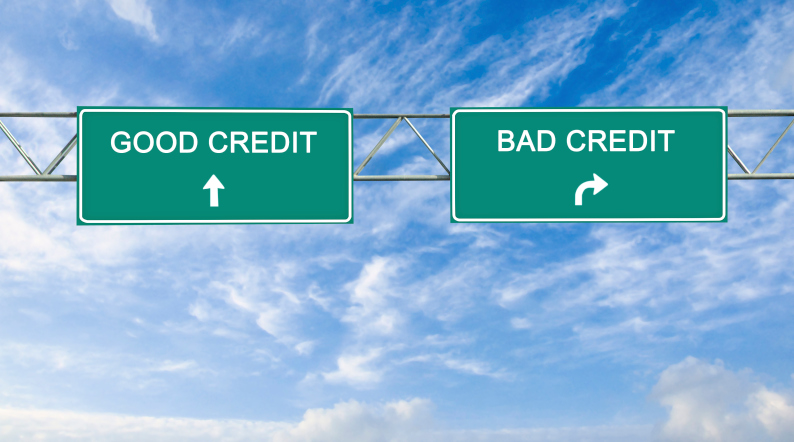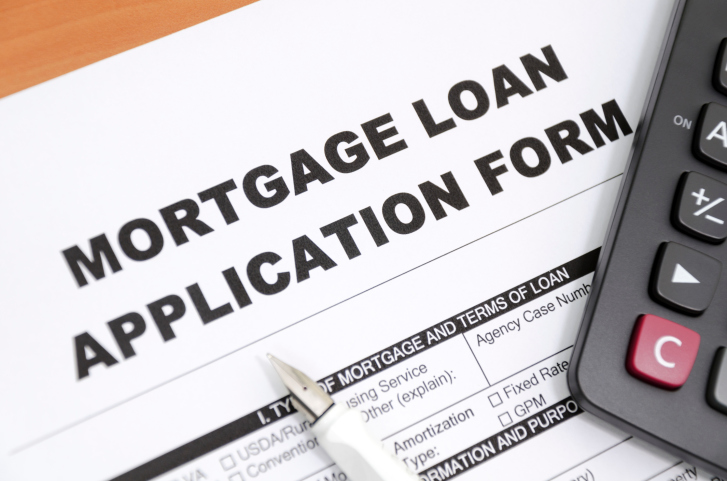Is a 40-Year Mortgage Worth It? How to Decide Whether or Not This Longer Term is Right for You
 There are different timetables for mortgages. The most common types are 15-year and 30-year mortgages. However, a mortgage broker can establish unique timetables for a homeowner, such as a 40-year mortgage.
There are different timetables for mortgages. The most common types are 15-year and 30-year mortgages. However, a mortgage broker can establish unique timetables for a homeowner, such as a 40-year mortgage.
Friends may recommend going for a long-term timetable, but what do professionals think of a 40-year mortgage? Here is what you may want to consider to see if a 40-year mortgage is appropriate for you.
The Monthly Rates Will Be Low
Compared to a 15-year or a 30-year mortgage, the monthly payments for a 40-year mortgage will be lower. Since the mortgage is spread over 10 years beyond a conventional 30-year mortgage, homeowners will see much lower mortgage payments per month. This can be very attractive for homeowners who need to control their housing costs per month.
Long Term Costs
But, many brokers will tell a homeowner the extra 10 years is not worth it. Because the homeowner will need to pay interest rate charges each month for 10 extra years beyond the typical 30-year mortgage window, the homeowner will end up paying more in interest for a 40-year mortgage. Even with a low, fixed interest rate, homeowners are still extending their home payments by a whole decade, which will add up in the end.
Always Fixed
Under housing laws, a 40-year mortgage must always be a fixed-rate mortgage. This can be attractive for many homeowners since it guarantees that the mortgage payment per month will be the same for the next 40 years. For those on a budget, knowing ahead of time what they owe per month for 40 years can help them prioritize their payments.
Home Of One’s Dreams
Since the 40-year mortgage will calculate as a lower monthly payment for an already credit qualified candidate, a broker will be more willing to offer a larger mortgage to the candidate. This means that many people who utilize the 40-year mortgage have a larger pool of homes to choose from. Of course, it is important to find a home within a reasonable budget.
Understanding the ramifications and specific issues with a 40-year mortgage can help a homeowner candidate better decide if it is right for them. Like any housing finance option, there are advantages and disadvantages, so knowing how the 40-year mortgage works is important. This information should enhance the home shopping experience and help the candidate and the broker find the best home under the most appropriate financing option.

 If you’re thinking of buying a home, you’ve probably been thinking a lot about your credit score as well. Credit scores control so much of what we do in the world of finances, but what does your credit score really have to do with your mortgage? Here are three ways that your credit score could impact your mortgage application.
If you’re thinking of buying a home, you’ve probably been thinking a lot about your credit score as well. Credit scores control so much of what we do in the world of finances, but what does your credit score really have to do with your mortgage? Here are three ways that your credit score could impact your mortgage application. When taking on a new mortgage, it is important to know that you can afford to carry the debt load involved, as many people find themselves in financial trouble by spending more on real estate than they can comfortably maintain. Your mortgage budget can be calculated to determine just how much you should spend on your next mortgage.
When taking on a new mortgage, it is important to know that you can afford to carry the debt load involved, as many people find themselves in financial trouble by spending more on real estate than they can comfortably maintain. Your mortgage budget can be calculated to determine just how much you should spend on your next mortgage.